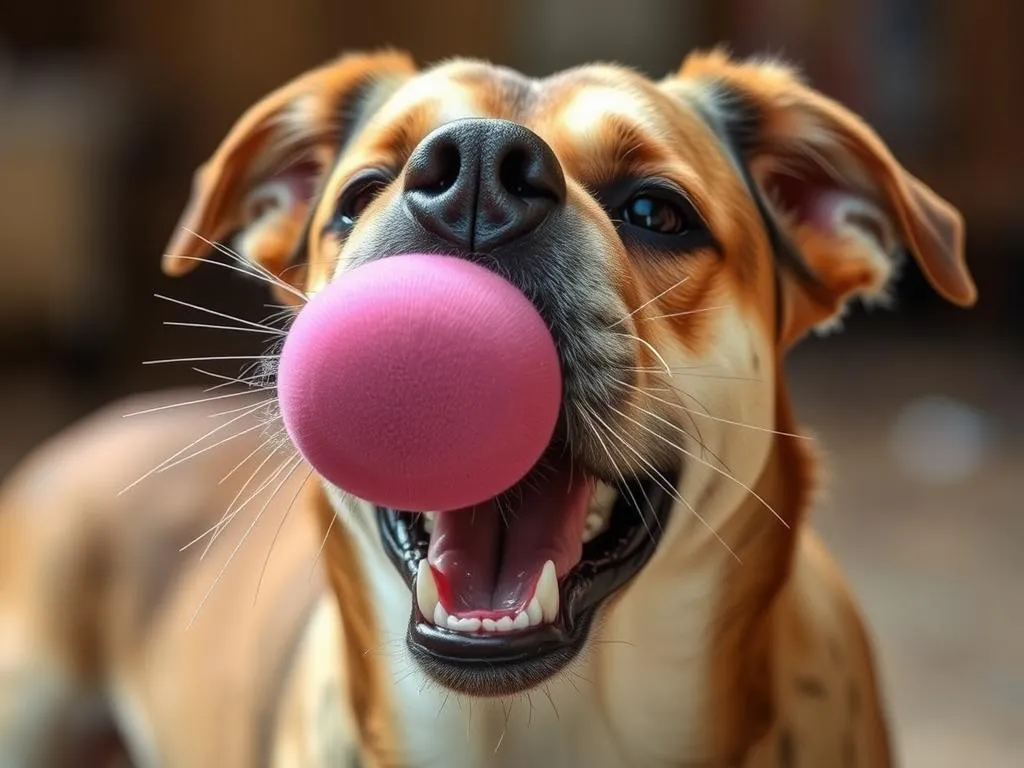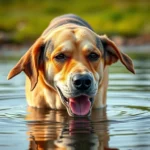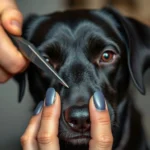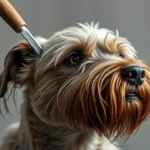
Introduction
Understanding your dog’s health is essential for their happiness and well-being. A common behavior that often puzzles dog owners is sneezing, especially during playtime. This article explores why do dogs sneeze when they play, delving into the various factors that contribute to this phenomenon. By gaining insight into the reasons behind sneezing, you can better understand your dog’s behavior and health.
Understanding Dog Behavior
General Dog Play Behavior
Play is a crucial aspect of a dog’s life, serving as a means for exercise, social interaction, and mental stimulation. Dogs engage in various play activities, including running, chasing, wrestling, and tugging on toys. These activities not only help maintain their physical health but also promote emotional well-being.
Playtime allows dogs to hone their social skills, learn boundaries, and establish hierarchies with other dogs. It is during these playful interactions that you may notice your dog sneezing, raising the question: why do dogs sneeze when they play?
Common Sounds and Signals in Dog Play
In addition to sneezing, dogs communicate through a range of sounds, including barking and growling. Each sound has a specific meaning, and understanding these vocalizations can help you interpret your dog’s emotions. For instance, playful barks indicate excitement, while growls may signal a challenge or competition.
Besides sounds, observing your dog’s body language is vital during play. Signs of a happy dog include wagging tails, relaxed postures, and playful pouncing. Conversely, if a dog appears tense, with ears pinned back or a stiff body, it may indicate discomfort or stress.
The Science of Sneezing in Dogs
What Causes Sneezing?
Sneezing is a natural reflex that occurs when the nasal passages are irritated. In dogs, this irritation can stem from various sources, such as dust, pollen, or even strong odors. Allergies can also trigger sneezing, which can become more pronounced during play when dogs are moving around and interacting with their environment.
Unlike humans, who may sneeze primarily due to colds or flu, dogs sneeze for different reasons. While they can catch respiratory infections, their sneezing is often linked to environmental factors or excitement.
Sneezing as a Communication Tool
Interestingly, sneezing can serve as a form of communication among dogs. During play, dogs may engage in “play sneezing,” a behavior that signals their intentions to others. This type of sneezing often occurs when a dog is excited or wants to indicate that their playful actions are friendly rather than aggressive. Understanding this aspect of sneezing can help you better interpret your dog’s social interactions.
Why Do Dogs Sneeze When They Play?
Excitement and Playfulness
One of the primary reasons dogs sneeze during play is excitement. When engaged in playful activities, dogs experience heightened emotions that can trigger sneezing. For instance, a game of fetch or a romp with another dog may lead to playful sneezing as their energy levels surge.
Certain scenarios are more likely to elicit sneezing. For example, if two dogs are playfully wrestling, you may observe sneezing as they bounce around, demonstrating their enjoyment and enthusiasm.
Environmental Factors
The environment where dogs play can significantly influence sneezing. Dust, pollen, and other allergens can accumulate in outdoor or indoor spaces, prompting sneezing. It’s essential to consider the cleanliness of your dog’s play area, as a cluttered environment can lead to increased irritants.
Maintaining a clean play space can reduce the likelihood of sneezing caused by environmental factors. Regular cleaning can help minimize dust and allergens, creating a healthier space for your dog to enjoy.
Health Considerations
While occasional sneezing during play is usually nothing to worry about, persistent sneezing may indicate underlying health issues. If your dog sneezes frequently, especially if accompanied by other symptoms, it could be a sign of allergies, infections, or respiratory problems.
It’s crucial to monitor your dog’s overall health and be aware of any changes in their behavior. If you notice excessive sneezing or additional concerning symptoms, it may be time to consult your veterinarian.
When to Be Concerned About Sneezing in Dogs
Normal Sneezing vs. Problematic Sneezing
Understanding the difference between normal and problematic sneezing is vital for dog owners. Occasional sneezing during play is typically harmless and may even be a sign of joy. However, frequent sneezing or sneezing accompanied by other symptoms could indicate a more serious issue.
Signs of Underlying Health Problems
Pay attention to the following symptoms that may accompany abnormal sneezing:
- Nasal discharge: Mucus or fluid from the nose can indicate an infection or allergy.
- Coughing: A persistent cough alongside sneezing could point to a respiratory condition.
- Lethargy: If your dog seems unusually tired or disinterested in play, it could signal an underlying problem.
- Loss of appetite: Changes in eating habits can be a red flag for health issues.
If your dog exhibits any of these symptoms, it’s essential to consult a veterinarian for a proper diagnosis.
When to Consult a Veterinarian
It’s always better to err on the side of caution. If your dog experiences frequent sneezing or displays any concerning symptoms, it’s advisable to seek professional advice. A veterinarian can perform a thorough examination, identify potential health issues, and recommend appropriate treatment options.
Preventive Measures for Healthy Play
Maintaining a Clean Environment
To minimize allergens and irritants that may cause sneezing, consider implementing the following tips:
- Regular cleaning: Vacuum frequently and dust surfaces to reduce allergens.
- Use air purifiers: These can help filter out airborne particles, improving air quality in your home.
- Limit exposure to irritants: Be mindful of products with strong fragrances and avoid smoking indoors.
When selecting cleaning products, opt for those that are pet-safe to ensure your dog’s health remains a priority.
Regular Health Check-Ups
Routine veterinary visits are crucial for your dog’s overall health. Regular check-ups allow your veterinarian to monitor your dog’s health and catch any potential issues early on. Vaccinations, parasite control, and dental care are all essential components of preventive health care.
Understanding Your Dog’s Limits
Safe play behaviors are essential for your dog’s well-being. Be attentive to your dog’s energy levels and recognize signs of fatigue or overexcitement. Encourage breaks during playtime to prevent overstimulation, which can lead to stress and discomfort.
Conclusion
Understanding why do dogs sneeze when they play is a vital aspect of dog health care. Sneezing can be a normal part of play, often associated with excitement and communication. However, monitoring your dog’s behavior and health is essential to ensure they remain happy and healthy.
By maintaining a clean play environment, scheduling regular health check-ups, and understanding your dog’s limits, you can promote a safe and enjoyable play experience for your furry friend.
FAQs
Why do dogs sneeze when they play?
Dogs often sneeze during play due to excitement and engagement. It can also be a form of communication to signal friendly intentions.
Is sneezing during play normal?
Occasional sneezing during play is typically normal and harmless. However, frequent sneezing may warrant a closer look at your dog’s health.
When should I be concerned about my dog’s sneezing?
If sneezing is accompanied by symptoms like nasal discharge, coughing, lethargy, or loss of appetite, it’s essential to consult a veterinarian.
Can environmental factors cause sneezing in dogs?
Yes, allergens like dust and pollen can irritate a dog’s nasal passages, leading to sneezing, especially in unclean play areas.
What can I do to reduce sneezing in my dog?
Keep play areas clean, ensure regular veterinary check-ups, and be aware of your dog’s limits during play to minimize sneezing.









